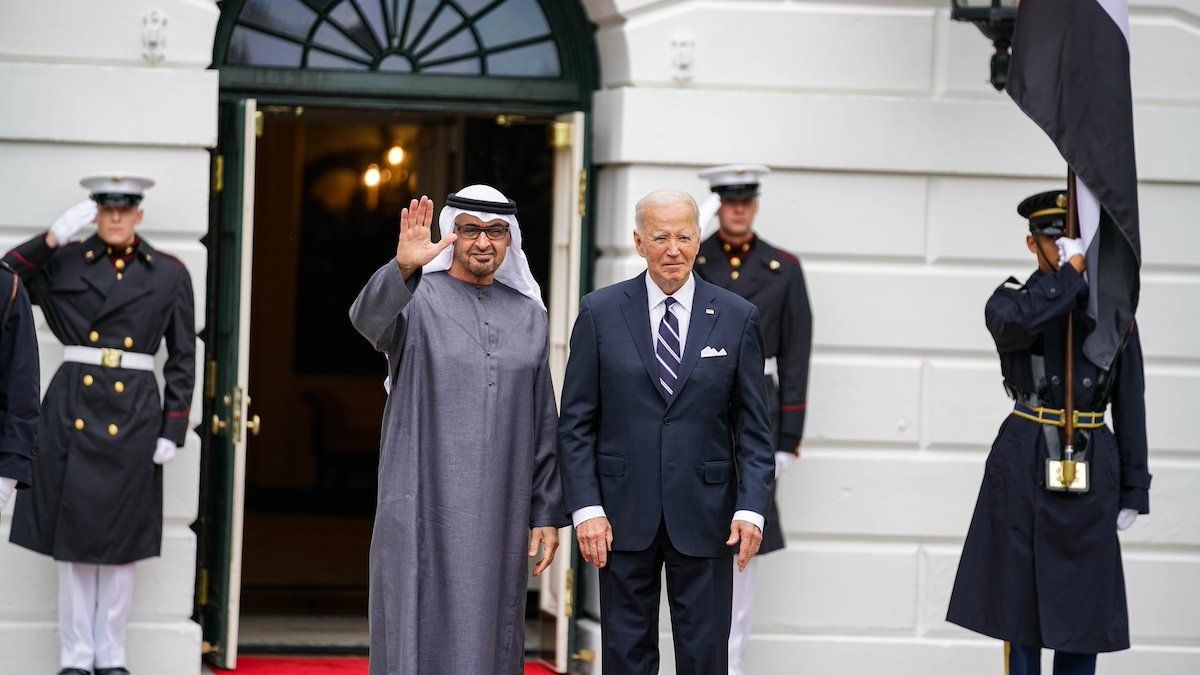US President Joe Biden met with United Arab Emirates President Sheikh Mohamed bin Zayed al-Nahyan on Monday to discuss artificial intelligence. In his first visit to the US in seven years, the UAE’s leader asked Biden for better access to US technology to fuel his country’s AI ambitions.
The Gulf states have a strained relationship with the US because they’re seen as playing both sides of the US-China war for AI dominance. They’re subject to export restrictions on chips, for instance, out of fears they could be a pass-through for Chinese firms.
That said, it seems that the UAE is leaning heavily toward US allegiance. In April, Microsoft announced it would invest $1.5 billion in G42, a leading artificial intelligence holding company based in Abu Dhabi. The deal was largely brokered by the Biden administration to beat back China’s influence in the UAE.
White House officials said that after the meeting, Biden directed senior officials to begin drafting a memorandum of understanding for future collaboration on artificial intelligence with the UAE.
